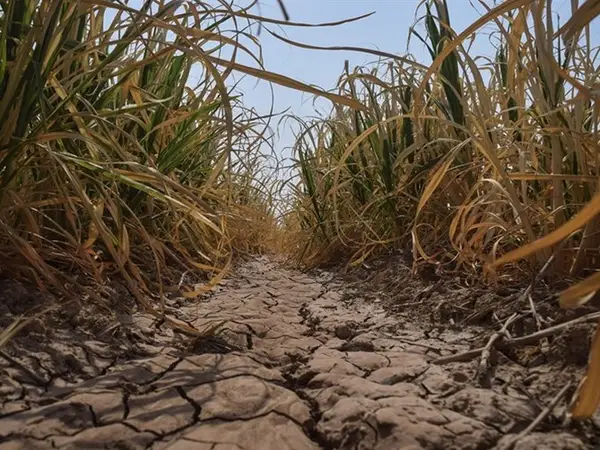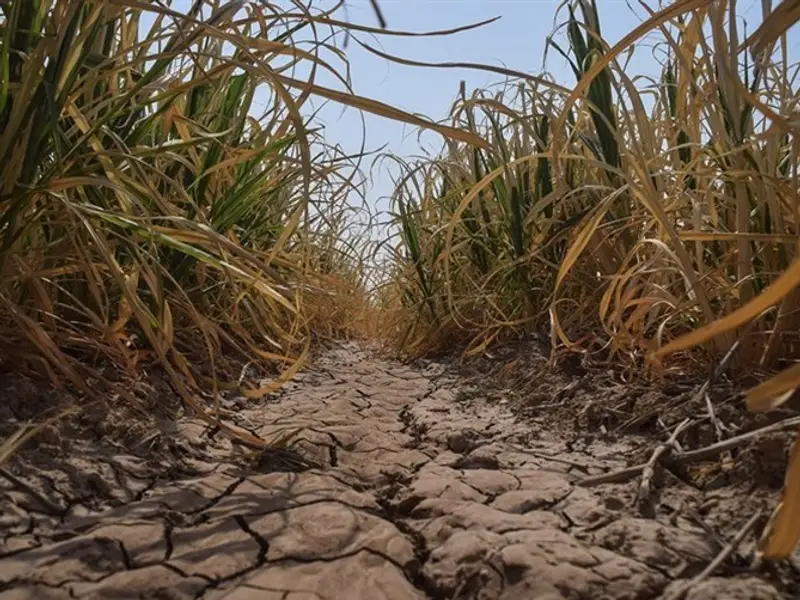A quarter of Iran’s farmers have lost their jobs in the past seven years mostly due to lack of water, a local media outlet reported Sunday.
Farhikhtegan newspaper quoted a report by the Statistical Center of Iran saying that between 2015 and 2022, the number of people employed in the agricultural sector shrank by 1.3 million, from 5.1 million to almost 3.7.
Iran has faced drought for most the past two decades, partly due to climate change, but the government has also grossly mismanaged water resources with failing to control inefficient use of underground resources and diverting water for industries.
Based on the report, unemployment for farmers has increased the migration rate from villages to the outskirts of cities causing the expansion of slum-dwellings.
While the oil-rich Khuzestan province in the south was also one of the most fertile provinces of Iran for food production, now it has the highest number of slum-dwellers in the country.
Based on estimates, roughly 14 million Iranians live in slums and Khuzestan ranks first with 1.75 million slum dwellings.
In the summer of 2021, citizens protested the water crisis in 11 cities in Khuzestan.
Farmers in the provinces of Esfahan and Chaharmahal and Bakhtiari held similar rallies to protest “draught, lack of water, and the loss of livestock” but the regime’s security forces used violence to end the protests.
Farhikhtegan quoted city officials as saying that “the increase in population on the outskirts of cities has caused an imbalance in urban development leading to a surge in crime rate.”

